Cell Membrane Definition Simple

Cell membranes define cells and so are fundamental to our understanding of biology.
Cell membrane definition simple. This membrane separates the inside of a cell from the outside environment. The cell membrane also known as the plasma membrane PM or cytoplasmic membrane and historically referred to as the plasmalemma is a biological membrane that separates the interior of all cells from the outside environment the extracellular space which protects the cell from its environment. The cell membrane is 7510 nm in thickness.
A cell membrane is a border that covers every cell in a living organism. It is a thin and delicate structure. Cell Membrane Definition 4 Kids Str Cell Membrane Definition 4 Kids.
A thin membrane a double layer of lipids enclosing the cytoplasm of a cell. The cell membrane is also known as the plasma membrane or plasmalemma. A cell membrane is a fluid flexible barrier on the outside of a cell that protects it.
Proteins in the membrane control passage of ions like sodium or potassium or calcium in and out of the cell. The cell membrane consists of a lipid bilayer that is semipermeable. In the plant cell it is covered by a cell wall outermost covering in plant cell.
Its basic job is to separate the inside of cells from the outside. Cell Membrane Definition. The cell membrane also called the plasma membrane is found in all cells and separates the interior of the cell from the outside environment.
It is the thick and rigid structure with a fixed shape. The cell membrane is a continuous sheet that separates the inner part of the cell from the external environment. As membrane fluidity in creases there is a rise in membrane permeability to water and small hydrophilic solutes.
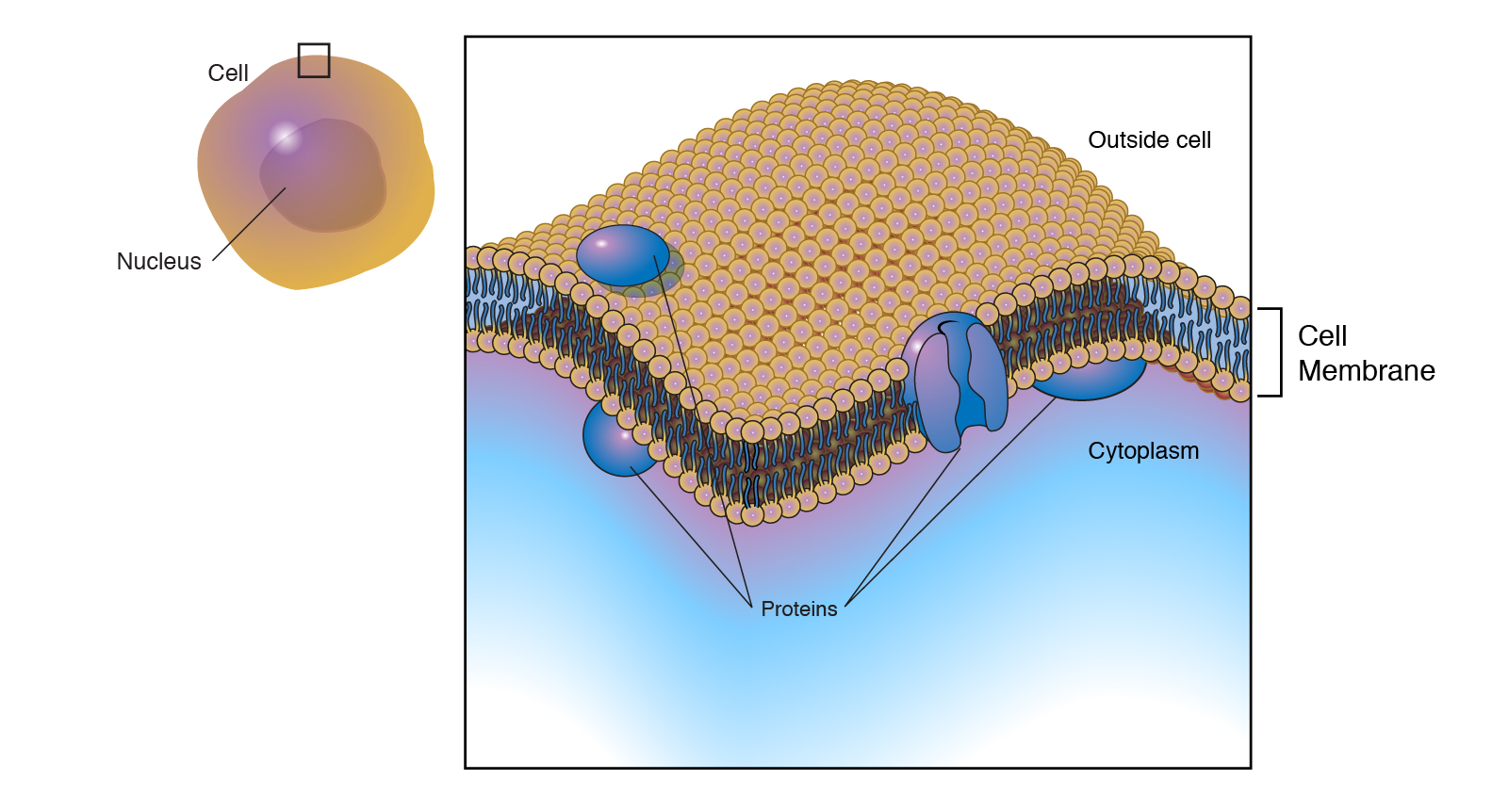
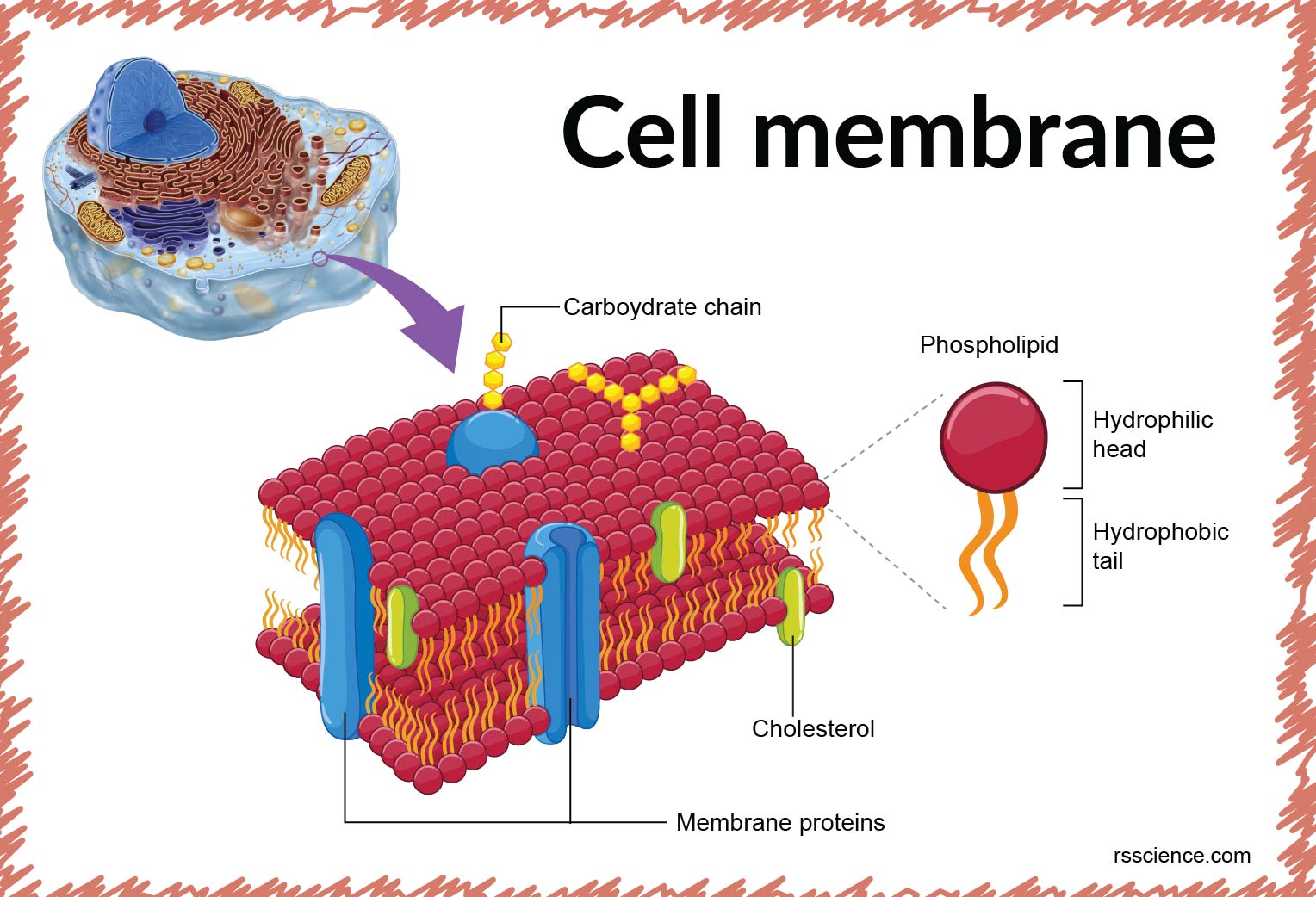
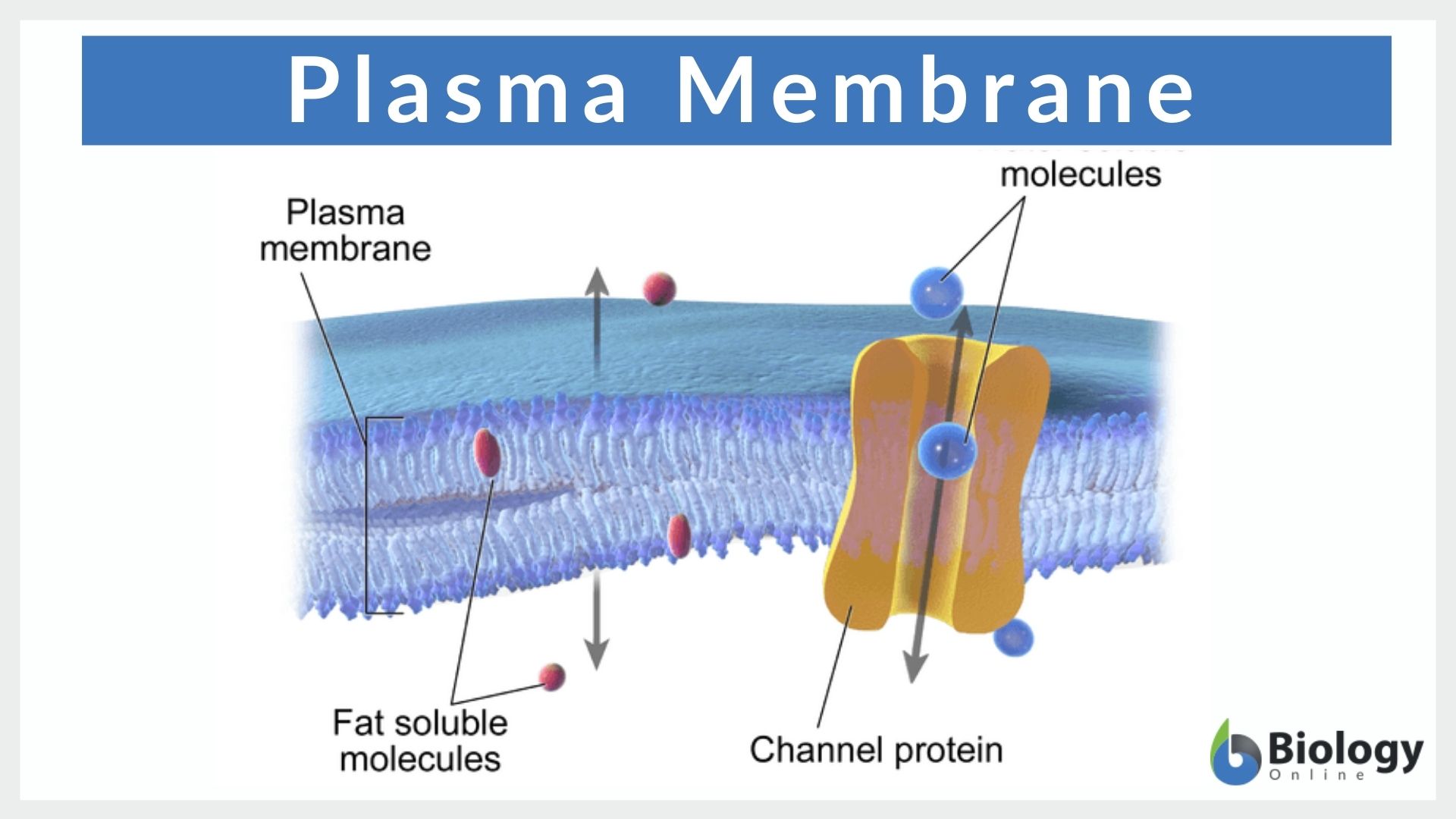







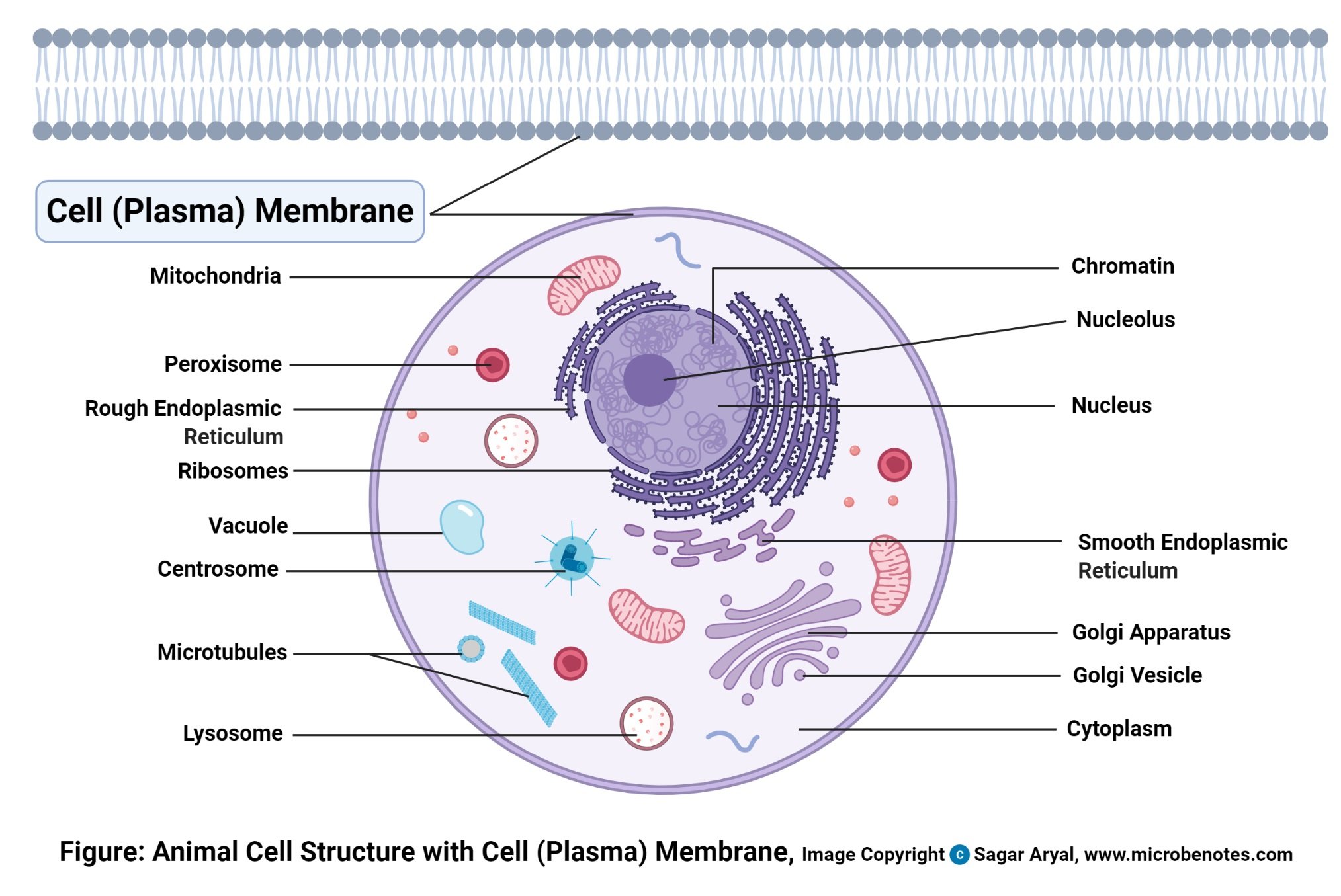
/pinocytosis-594d611e5f9b58f0fc2c5b8f.jpg)

/endocytosis-5ad64d57c0647100386364bb.jpg)
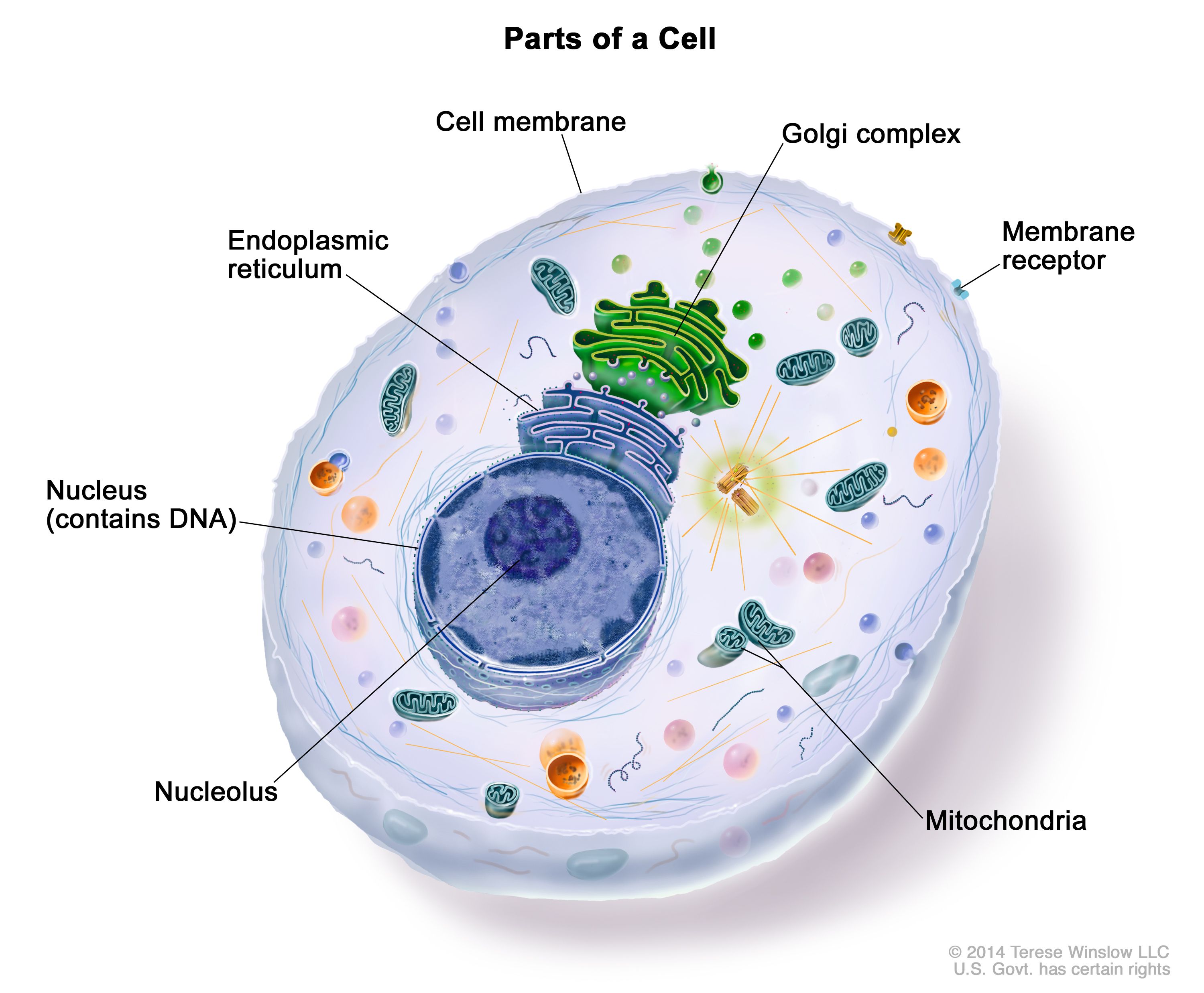

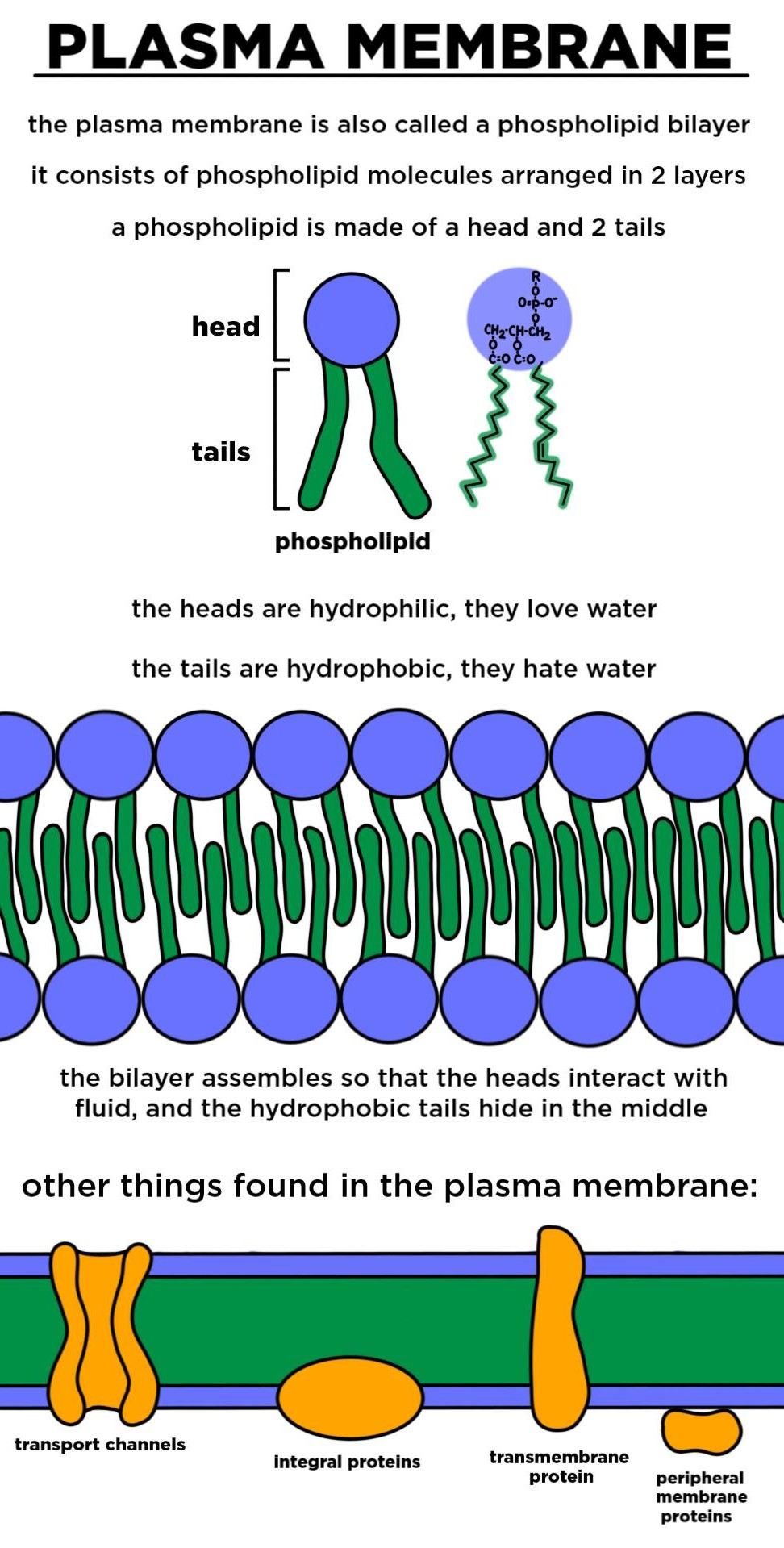
:max_bytes(150000):strip_icc()/endocytosis_pinocytosis-5ad652db1f4e130038c4847b.jpg)
